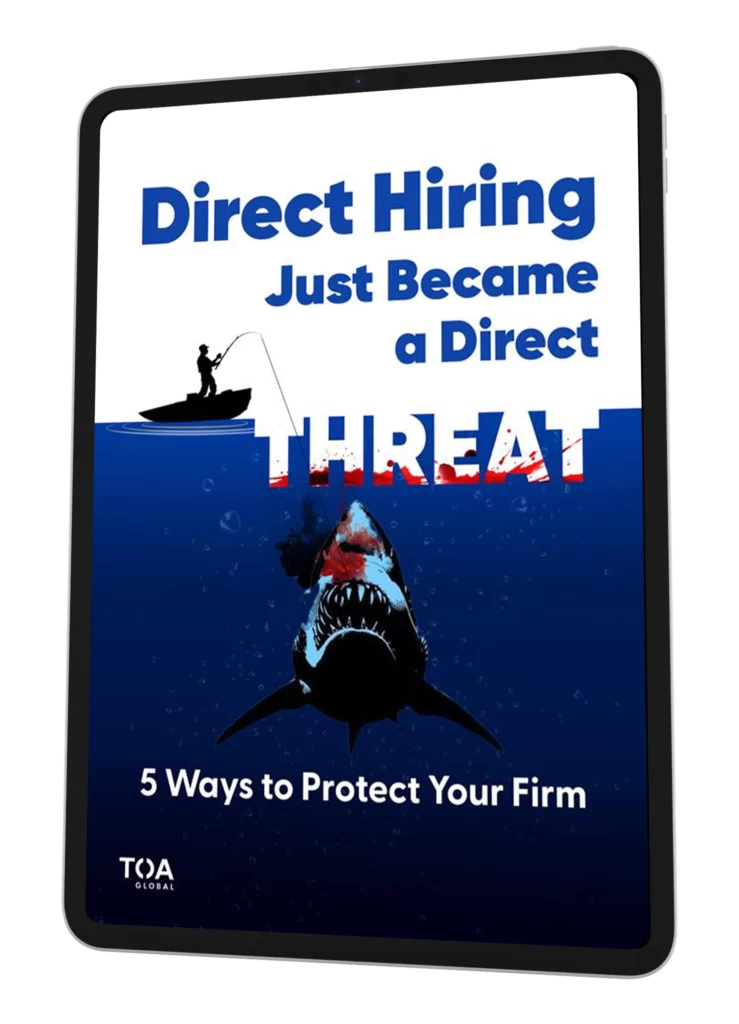- Implement Strong Passwords
Enforcing strong passwords is probably the most basic and important step in protecting your data in the cloud. They have said it before, and we’re saying it again: don’t use the most common passwords like “123456”, “qwerty”, and “password”, or words easily associated to you like your name or your birthday. SplashData chief executive Morgan Slain said: “Any password using numbers alone should be avoided, especially sequences.” Your safest bet is using alphanumeric characters – a mixture of numbers, letters, and some punctuation. Also, change your passwords periodically.
- Use Double Layer Protection
One method used by banks and even Google, Facebook, and Apple accounts nowadays is using a two-factor authentication (2FA), also known as two-step verification. This means adding an extra step to your basic log-in procedure. After you enter your username and password, you will be sent a unique code on your handy device. According to CNET, 2FA requires the user to have two out of three types of credentials before being able to access an account. The three types are: – Something you know, such as a personal identification number (PIN), password or a pattern – Something you have, such as an ATM card, phone, or fob – Something you are, such as a biometric like a fingerprint or voice print
- Lock devices
Smartphones are very useful in keeping things accessible, but they also risk security once they are lost. Make sure that your devices themselves are protected by locking them with PIN code or passwords when not in use. Again, apply strong passwords so that you won’t be prone to hacking. But make them memorable enough that you won’t end up forgetting them. (TIP: Use password management services like 1Password or LastPass.) Also, there is a software today that allows you to track and lock your device and remotely wipe the data, in case of loss or theft. This is especially beneficial to business owners and professionals who access their company data through mobile devices.
- Encrypt Files
To prevent sensitive data from being accessed from a stolen device, encrypt your files. This will scramble the information and make it unreadable to anybody who will try to access it unauthorizedly since they need your private key or become a data recovery agent. According to David Strom, a technology writer who specializes in networking and cloud security topics, using a virtual private network (VPN) is recommendable since it provides excellent security and ensures that all authorized users get a base level of encryption.
- Back to Basics
Here are more items to add in your contingency plan: – Install antivirus software – Don’t open suspicious e-mails (especially with sketchy links or attachments) – Be careful where you log into – Keep a back-up on your external hard drive – Keep software up-to-date As we become increasingly dependent in the power of the cloud, we have to remember that we still have responsibilities in keeping our data safe on the internet.
TOA Global supports Australian and New Zealand accounting firms by helping them understand and implement outsourcing solutions to help them become more proactive and truly add value to their clients.
REFERENCES http://www.bdlive.co.za/life/gadgets/2015/03/30/ten-tips-for-keeping-your-data-safe-in-the-cloud http://news.sky.com/story/1412124/revealed-the-top-25-most-common-passwords http://www.cnet.com/news/two-factor-authentication-what-you-need-to-know-faq/ http://www.cio.com/article/2929830/cloud-security/cloud-security-6-steps-for-keeping-your-data-safe.html

















